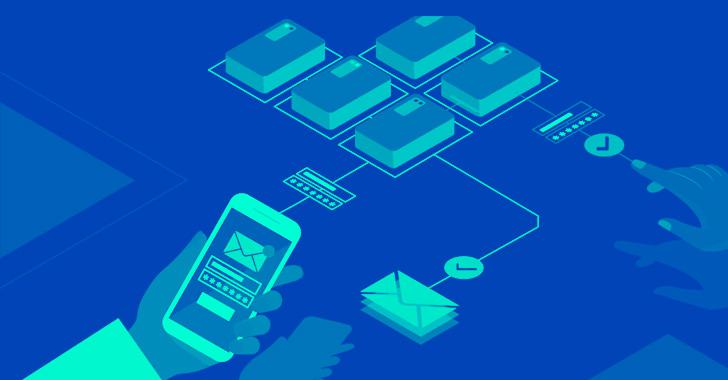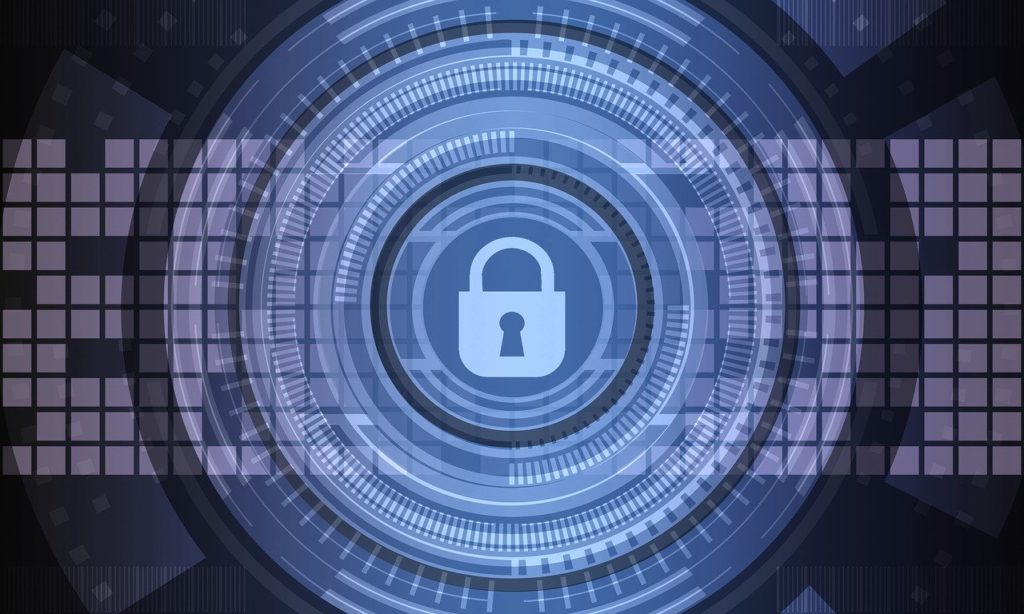Safeguarding Healthcare Data: Addressing Email Vulnerabilities with HICP and Robust Security Measures
In today’s interconnected world, email has become an indispensable tool for communication in various industries, including healthcare. However, the healthcare sector faces unique challenges when it comes to protecting sensitive patient information, making it an attractive target for cybercriminals. In this post, we will explore the vulnerabilities associated with email in healthcare and discuss the importance of implementing the Health Industry Cybersecurity Practice (HICP) guidelines, email protection plans, staff education, and multi-factor authentication (MFA) to fortify email security.
Email Vulnerabilities in Healthcare
The healthcare industry handles vast amounts of sensitive data, ranging from patient records and medical histories to insurance information. Unfortunately, this wealth of valuable data makes healthcare organizations a prime target for cyberattacks, with email being one of the most common attack vectors. Here are a few vulnerabilities that contribute to the risk:
- Phishing Attacks: Phishing emails often impersonate legitimate entities, tricking recipients into revealing sensitive information or downloading malicious attachments. Healthcare professionals may receive fraudulent emails posing as colleagues, patients, or even trusted organizations, putting confidential data at risk.
- Ransomware and Malware: Cybercriminals can exploit email attachments or links to introduce ransomware or malware into a healthcare organization’s network. Once infected, the attackers can hold the data hostage or cause significant disruptions to patient care and operations.
- Unauthorized Access: Weak passwords or compromised credentials can grant unauthorized individuals access to sensitive email accounts. Such breaches can lead to data theft, unauthorized disclosure of patient information, or even identity theft.
Addressing Vulnerabilities with HICP
The U.S. Department of Health and Human Services (HHS) released the Health Industry Cybersecurity Practice (HICP) guidelines to enhance cybersecurity practices in the healthcare industry. These guidelines provide valuable insights and recommendations to help healthcare organizations strengthen their cybersecurity posture.
Email Protection Plans
Implementing comprehensive email protection plans is vital for safeguarding healthcare data. These plans should include robust security measures such as:
- Advanced Threat Protection: Deploying email security solutions incorporating advanced threat detection capabilities can help identify and mitigate phishing attempts, malware, and other email-based threats.
- Encryption: Encrypting sensitive emails ensures that only authorized recipients can access the contents, safeguarding patient data during transit.
- Data Loss Prevention (DLP): DLP solutions monitor outbound emails, preventing accidental disclosure of sensitive information by detecting and blocking unauthorized data transfers.
Staff Education and Training
Educating healthcare staff about email security best practices is crucial to minimize the risks associated with email vulnerabilities. Training programs should cover topics such as:
- Recognizing Phishing Attempts: Staff should be trained to identify common signs of phishing emails, including suspicious senders, spelling and grammar errors, urgent requests for personal information, and unfamiliar attachments or links.
- Safe Email Practices: Emphasize the importance of not opening emails from unknown sources, refraining from clicking on suspicious links or attachments, and reporting suspicious emails to the organization’s IT department.
Multi-Factor Authentication (MFA)
Implementing multi-factor authentication adds an extra layer of security to healthcare email accounts. By requiring users to provide additional verification, such as a unique code sent to their mobile device, MFA significantly reduces the risk of unauthorized access, even in the event of stolen credentials.
Protecting sensitive patient data is a critical responsibility for healthcare organizations, and email vulnerabilities pose significant threats to the security and privacy of such information. By adhering to the HICP guidelines, implementing robust email protection plans, conducting regular staff education and training programs, and adopting multi-factor authentication, healthcare providers can mitigate risks and enhance their overall cybersecurity posture.
Feel free to contact us if you need help with addressing email vulnerabilities or the HICP guidelines.
If you have any questions or are concerned about your organization's cybersecurity, call us at (949) 474-7774. We'll be happy to help.
For more HIPAA information, download our ebook - The Ultimate HIPAA Compliance Handbook.
The enforcement of the HIPAA Security Rule necessitates the establishment of a comprehensive security awareness and training initiative for every member of the workforce, encompassing management personnel as well. We strongly recommend that your team actively engage in the weekly subscription to Compliance Connection newsletters, which are designed to facilitate ongoing compliance efforts.


